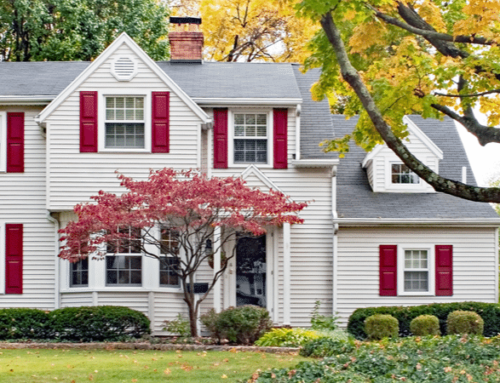Q: There seems to be significant time constraints involved in a 1031 tax-free exchange for investment properties (45 days from the date of sale to locate the property and 180 days to close).
I’m wondering if I can buy a rental property first, then sell the old rental property and at the time of the sale put the proceeds into the rental I already own and still defer the capital gains.
A: Let’s clarify first what you are trying to do. In an ordinary transaction, you would be attempting to sell one property and buy another. To defer any taxes, you would employ what is customarily called a “1031 exchange” which is also known as a Starker Trust. The “1031” number refers to the provision of the Federal Income Tax Code that allows an owner of an investment property to sell it for a “like kind” property within certain time limits and defer the payment of any taxes on the sale of the first property.
You are correct, that upon the sale of the first property, you have 45 days to designate a new replacement property, and you have (generally) 180 days from the sale of the original property, to close on the purchase of the replacement property.
But if you have found a replacement property that you don’t want to lose and don’t have a buyer for your current property, you have a problem. Some time ago, a creative (and probably desperate) individual came up with the idea of a “reverse exchange.”
In a reverse exchange, you use a company to buy the property for you. When you sell your current property, you then buy the property held by the reverse exchange company.
While the whole process seems simple, it can be quite complicated. You need to find a company that has extensive knowledge in not only traditional 1031 exchanges but also in “reverse exchanges.” These companies can help you through the process of setting up the transaction to help you defer taxes on the sale of your property. In addition to seeking advice from these companies, you may wish to consult with your tax advisor, if you have one.
Reverse exchanges are generally more expensive than standard 1031 exchanges, and you may be required to pay additional fees and costs involved in the various transactions. There are times when paying the capital gains taxes and other taxes are cheaper than the costs of doing a reverse exchange.
Published: Aug 26, 2005






Leave A Comment